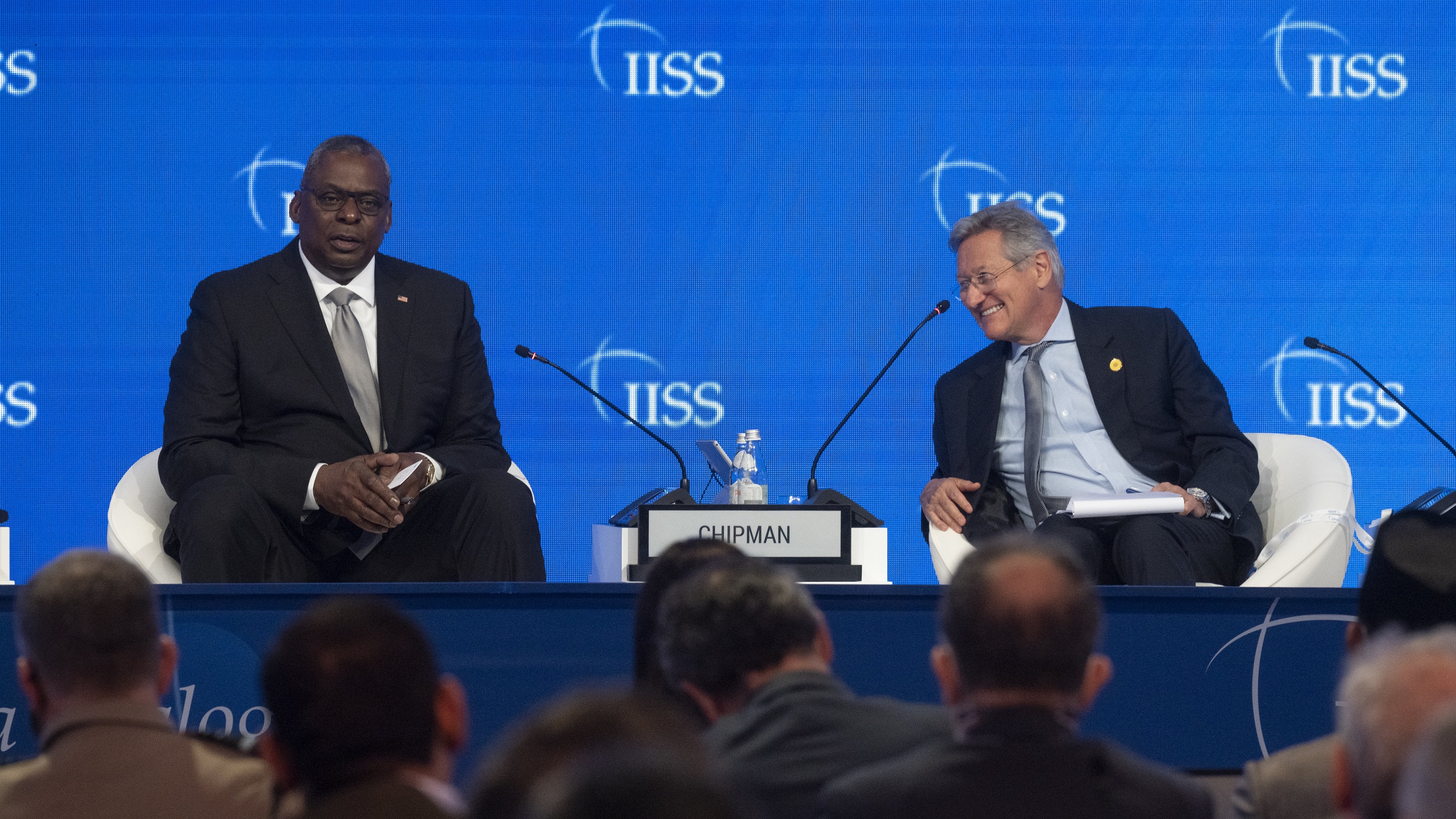The Manama Dialogue and the Challenges of the 21st Century
Al-Watan, Egypt, November 25
The Manama Dialogue, organized by the International Institute for Strategic Studies in London and the Bahraini Foreign Ministry, has been held annually for over 17 years. Each year, it gives top ministers, security officials, thinkers, and researchers the opportunity to present their ideas and visions on the security issues that dominate their respective agendas, and discuss ways to deal with them. A recurring theme of this year’s conference, which concluded just a few weeks ago, was the importance of multilateral action and cross-country collaboration to tackle global problems, despite their geographical and political differences. Attendees spoke about the principle of joint collective action in confronting challenges such as pandemics, climate change, terrorism, environmental protection, and the security of sea lanes. There is no doubt that general challenges require a collective effort, but the most prominent question surrounds the appropriate mechanisms to facilitate and ensure this much-needed collaboration. For example, in the face of the consequences of climate change, there are many international agreements, most notably the 2015 Paris Agreement on Climate Change, which set specific goals and commitments to carbon emissions that cause global warming. Other commitments have been made in other forums, such as the one recently concluded in Glasgow just a few weeks ago, pertaining to reductions in deforestation, methane emissions, and the use of coal. Therefore, there is great significance to the ideas presented in the Manama Dialogue on security issues of concern to a large number of countries, especially in our Arab region. One of the most important contributions made to the recent dialogue was the speech of US Defense Secretary Lloyd Austin, who provided a comprehensive overview of the American strategy under the Biden Administration. The media focused on Austin’s message regarding America’s commitment to protecting regional allies and strengthening security partnerships with them, as well as his commitment to maintaining a continuous US presence in the region despite recent moves in Afghanistan. Austin made it clear that the Biden Administration will turn to diplomacy to resolve crises, especially with Iran, and motivate regional parties to engage in collective dialogues to build new security commitments, such as the ones made between Israel and some Arab countries. A closer read of these remarks reveals that, in America’s view, hard force will only be used when absolutely necessary, when diplomacy fails and US national security is directly threatened. The shift from diplomacy to force doesn’t necessarily require a heavy presence of US troops on the ground, as was the case in the past four decades, but may rather rely on a versatile and highly flexible naval force that can move from one location to another as necessary. We can therefore assume that the US will continue strengthening its naval force and missile and air capabilities, alongside cyber and space deterrence. This would also mean that the US will likely search for new naval bases in areas of strategic interest, which would allow rapid movement and transition from one theater to another while providing access to fuel, maintenance, and joint training facilities. Many Arab countries are prime candidates in this regard, and, from the American point of view, could be an important part of this strategy. –Hassan Abu Talib (translated by Asaf Zilberfarb)
This holiday season, give to:
Truth and understanding
The Media Line's intrepid correspondents are in Israel, Gaza, Lebanon, Syria and Pakistan providing first-person reporting.
They all said they cover it.
We see it.
We report with just one agenda: the truth.



